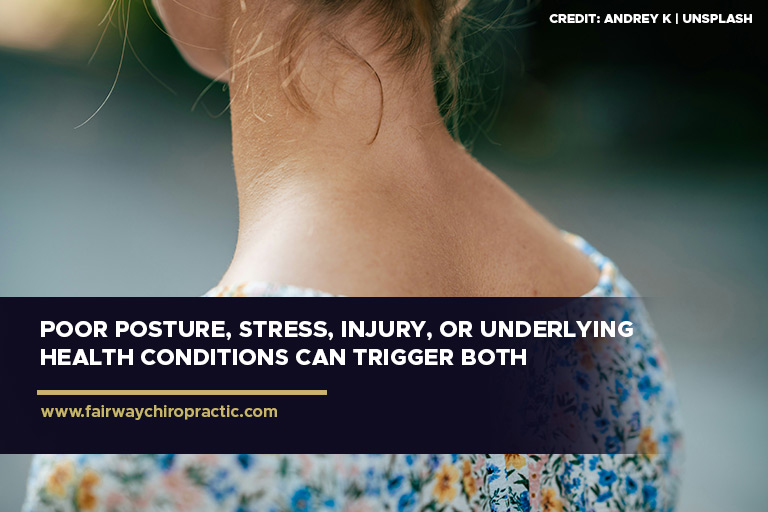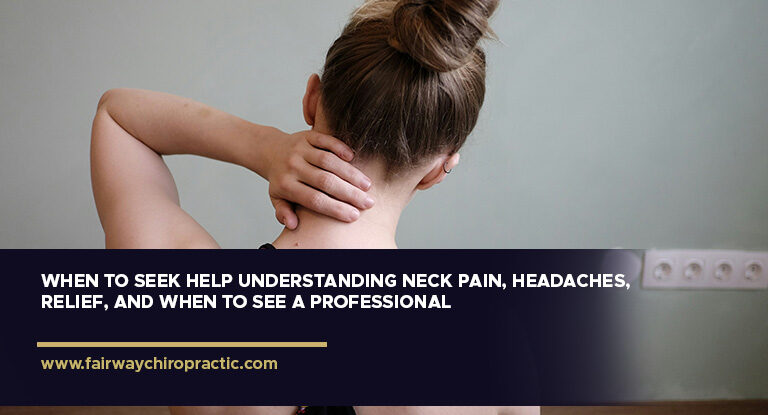Neck pain and headaches are common ailments that can significantly impact your quality of life. While many people experience occasional discomfort, persistent or severe symptoms may indicate an underlying issue that requires professional attention.

The Connection Between Neck Pain and Headaches
The intricate network of nerves and muscles in your neck and head can lead to a complex interplay between neck pain and headaches. Poor posture, stress, injury, or underlying health conditions can trigger both. When the muscles in your neck tense up, they can pull on your head, causing pain and discomfort.
Find out the causes, symptoms, exercises for relief and when to see a professional healthcare provider.
Common Causes of Neck Pain and Headaches
-
Poor Posture
Slouching or straining your neck, especially during prolonged periods of sitting, can lead to muscle tension and pain.
-
Muscle Tension
Stress, anxiety, and emotional factors can cause muscle tension in the neck and shoulders, triggering headaches. Harvard Health states that “in people with depression or anxiety, pain can become particularly intense and hard to treat.”
-
Spinal Misalignments
A misaligned spine can disrupt the body’s natural balance, leading to neck pain and headaches.
-
Injury
Whiplash or other neck injuries can cause immediate and long-term pain.
-
Medical Conditions
Certain medical conditions, such as migraine, sinus infections, and arthritis, can also contribute to neck pain and headaches.
When to Seek Professional Help
While many cases of neck pain and headaches can be managed at home, there are instances when seeking professional help is crucial:
-
Severe or Persistent Pain
If your pain is intense, doesn’t improve with home remedies, or worsens over time, it’s essential to consult a healthcare provider.
-
Numbness or Weakness
Experiencing numbness, weakness, or tingling in your arms or hands may signal a more serious issue like a pinched nerve. Prompt medical attention is necessary to diagnose and treat the underlying cause.
-
Frequent or Severe Headaches
If you suffer from frequent or debilitating headaches that significantly impact your daily life, it’s advisable to seek medical advice. A healthcare professional can help identify potential triggers and recommend appropriate treatment options.
-
Headaches Accompanied by Other Symptoms
If your headaches are accompanied by fever, vision changes, severe nausea, or other unusual symptoms, it’s crucial to consult a doctor promptly. These symptoms may indicate an underlying health condition that requires immediate medical attention.
Effective Relief Strategies
-
Rest and Relaxation
Take breaks from activities that strain your neck and practice relaxation techniques like deep breathing or meditation.
-
Heat or Cold Therapy
Apply heat or cold packs to the affected area to reduce pain and inflammation.
-
Gentle Stretches and Exercises
It’s best to consult a healthcare professional for specific exercises to improve neck flexibility and strength. However, there are also exercises you can do on your own. If you’re feeling tension building at the base of your skull, here’s a simple, effective technique to alleviate that discomfort in the neck and base of the head:
- Locate the Pressure Point: Place your thumb or two fingers behind your ear, in the small indentation at the base of your skull.
- Apply Pressure and Tilt Your Head: Gently press into this point as you tilt your chin towards your chest.
- Rotate Your Head: Slowly turn your head to the opposite side, maintaining pressure on the point.
- Work the Area: Continue this movement, gradually working your way from the outer edge of the indentation towards the center.
- Hold the Tender Spots: If you encounter particularly tender points, hold the pressure for about 5 seconds.
- Repeat on the Other Side: Repeat these steps on the opposite side of your head for optimal relief.
This technique can help alleviate tension headaches and neck pain by releasing muscle tension and improving blood flow to the area. Remember, if you experience persistent or severe pain, consult a healthcare professional.
-
Ergonomic Adjustments
Ensure your workspace is ergonomically designed to reduce strain on your neck and back.
-
Chiropractic Care
A hands-on chiropractor can use manual adjustments to correct spinal misalignments and improve joint function, reducing neck pain and headaches.
The Role of Chiropractic Care
Neck pain and headaches can significantly impact your daily life. By understanding the underlying causes and seeking appropriate treatment, you can alleviate discomfort and improve your overall well-being.
Chiropractic care can determine the underlying causes of neck pain and offers a natural and effective approach to managing neck pain and headaches. Hands-on chiropractors use manual adjustment techniques to restore proper alignment of the spine and alleviate nerve compression. This can help reduce muscle tension, improve blood flow, and promote healing.
Fairway Chiropractic Centre can provide personalized care to address your specific needs. Our chiropractor will evaluate your condition and create a treatment plan that’s tailored to your unique requirements.
If you’re experiencing persistent or severe symptoms, consult our chiropractor and schedule an appointment with Fairway Chiropractic Centre.
Call us at 519-748-5535.











